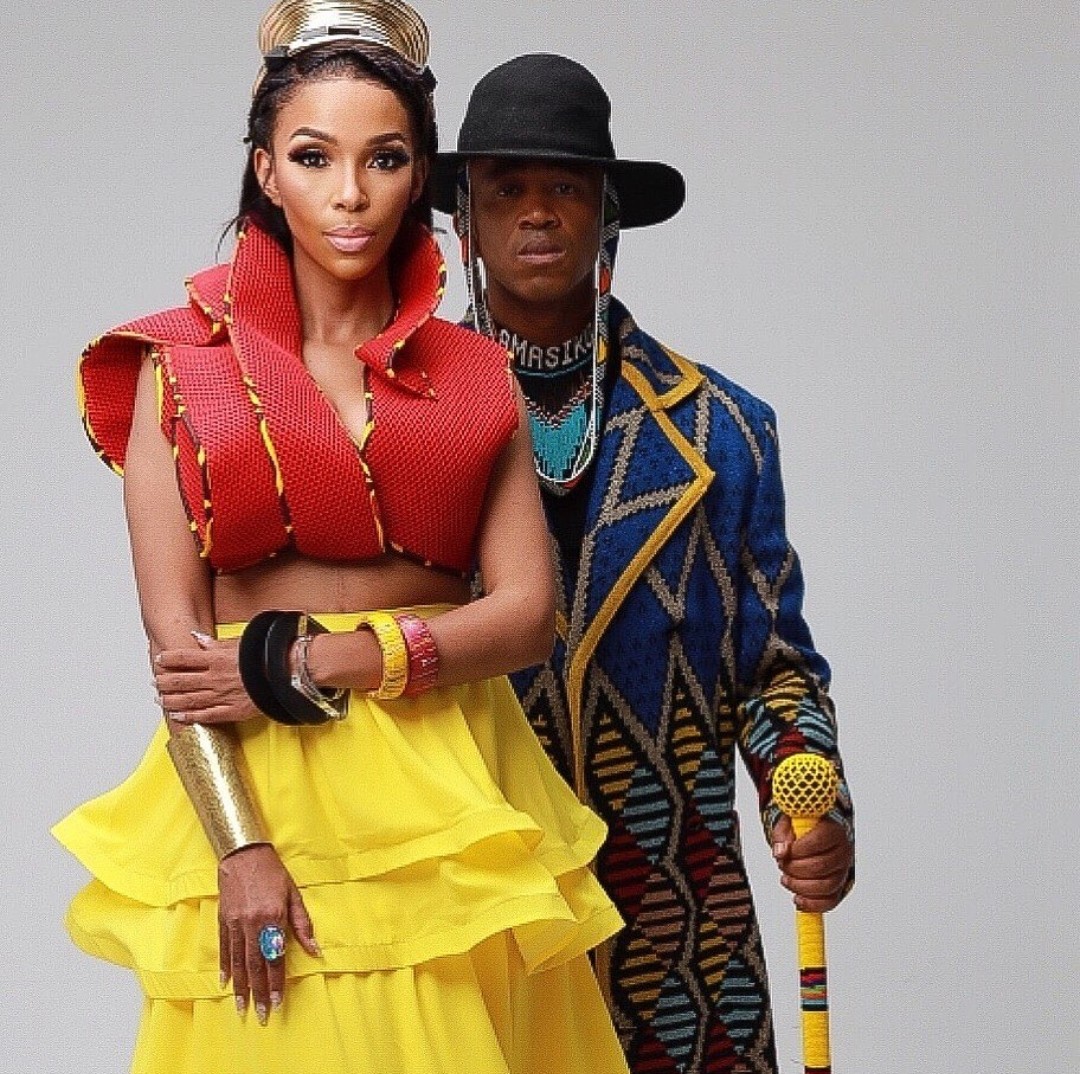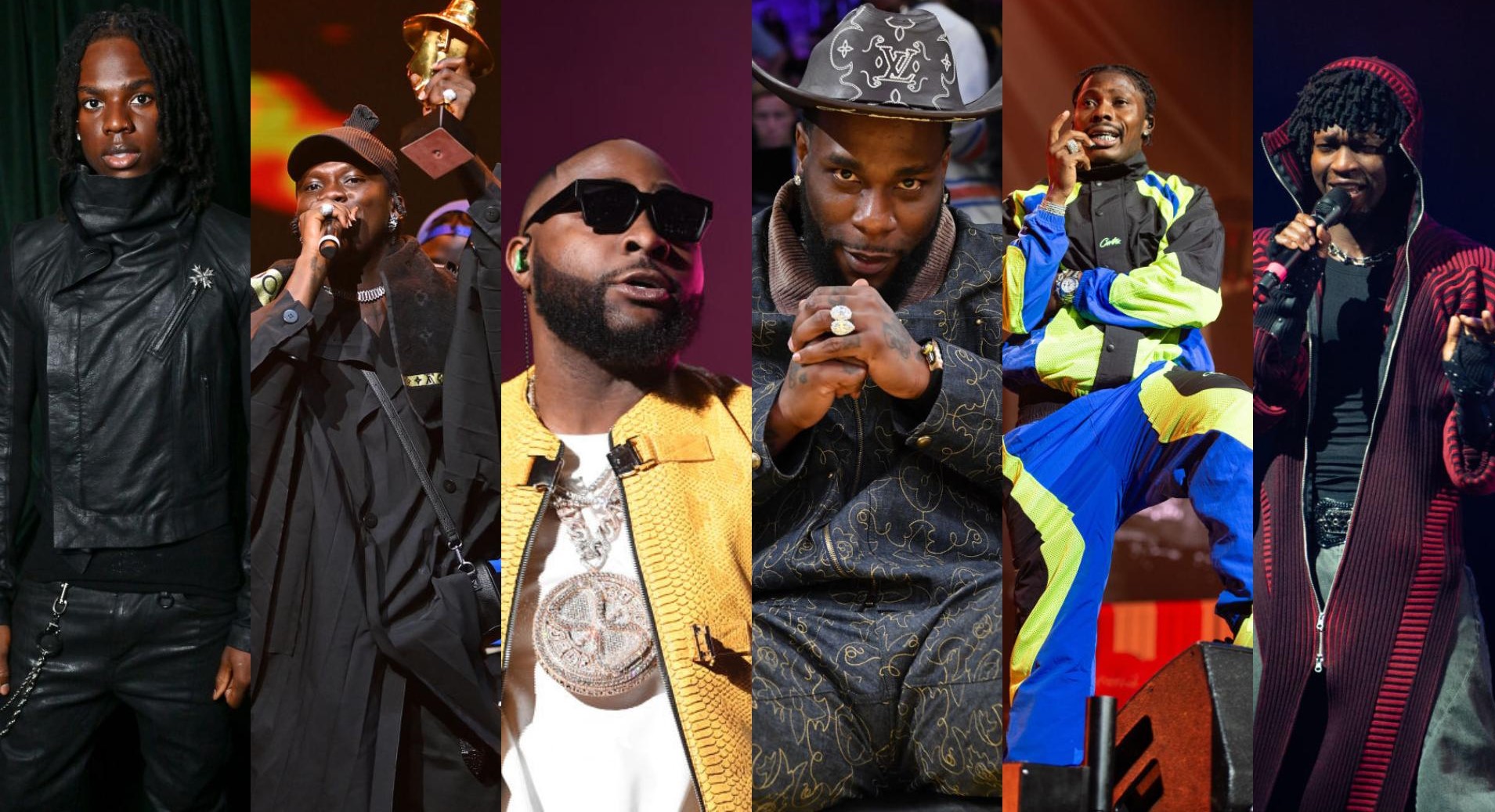Where Did the Music Groups Go? The Decline of Collective Artistry in Africa

There was a time when African music felt like a brotherhood or sisterhood. There was the time when harmonies meant something and each verse felt like a conversation between friends, when fans argued passionately over who sang the bridge better.
There was a time when collective music was big in the music industry and these groups produced the some of best music of the late 1900s and 2000s era.
There was a time these groups like Nigeria’s Styl-Plus and P-Square, South Africa’s Mafikizolo, Kenya’s Sauti Sol, Ghana’s VIP, made wave around the continent and the continent once pulsed with the rhythm of these groups that defined the era.
But today, the stage lights seem to shine only on solo acts. What happened to collective artistry? Where did the music groups go?
The Golden Era of African Music Groups
In the late 1990s and early 2000s, being part of a music group was almost a cultural rite in the music industry. Every neighborhood had its own upcoming band, every stage had duos and trios making sweet and synchronized melodies.

Styl-Plus had Nigerians singing from bottom of their hearts, Olufunmi; P-Square ruled the continent with Do Me and No One Like You; Mafikizolo gave South Africa timeless anthems like Khona; and Kenya’s Sauti Sol redefined Afro-fusion for the modern audience.

The good part? These groups were not lone symbol musical partnership but rather, they were symbols of friendship, loyalty, and shared creativity. Most music groups were formed by friends with shared interest in singing or by brothers (like in the case of P-Square).
They represented the communal spirit African culture stands for. Fans felt connected to these groups as they reflect brotherhood and sisterhood. The harmonies they created mirrored unity and this is the spirit the African youth keyed into.
The Rise of the Solo Star
Then came the digital revolution. The streaming platforms, smartphones, and social media. Suddenly, fame was no longer something you shared, it was something you built.
Artists began to realise they didn’t need a group to make it big. A strong Instagram and YouTube presence could make one star overnight. Or in the case of the late 2010s and early 2020s, a viral Tiktok clip is enough to leave your name of the lips of the people.
Being a solo artist meant full creative control. No arguments over lyrics or song direction. You, alongside your music agency, could decide when to drop music, what to wear, and how to brand yourself.
The music industry, especially in Africa, began to mirror the global shift and fans no longer followed groups, they followed personalities.
When Olamide, Burna Boy, Davido, Wizkid, and Tiwa Savage dominated the African soundscape, it cemented the one truth that has been debated: the age of the solo star had arrived.
Money, Ego, and Management Conflicts
Of course, technology was not the only culprit. The very thing that made groups magical, that mix of personalities and talents, also became their undoing. Fame is a delicate fabric, and in many African groups, it began to tear under the weight of ego and money.
P-Square’s breakup in 2017 became one of the most publicised in African music history. The twin brothers, Peter and Paul Okoye, who once finished each other’s melodies, could no longer finish each other’s sentences. Disputes over management and control turned brotherhood into rivalry.
Sauti Sol, though not as publicly dramatic, announced a hiatus in 2023, citing the need for individual growth. These cracks revealed an uncomfortable truth that collective artistry requires sacrifice, humility, and a management structure that prioritises fairness.
And in an industry where financial transparency is often blurry, and the management of music groups is almost non-existent, collapse of groups feels inevitable.

The Industry’s Structural Shift
Music labels, too, evolved. The business model that once nurtured groups now leaned toward individual acts. One artist is easier to brand, market, and negotiate with.
In addition, music competitions like MTN Project Fame and Idols Africa amplified the culture of the individual star as contestants fought for personal glory, not group identity.
Digital distribution also changed the economics. Platforms like Spotify, Audiomack, Boomplay etc. pay per stream, not per harmony. The more you release, the more you earn and that favours solo artists. Even when groups exist, one member often dominates the spotlight, leading to eventual fractures.
Cultural Shifts and the New Generation’s Taste
The Gen Z grew up differently. They are the social media generation and they value individuality, self-expression, and viral fame.
Even on TikTok, collaboration looks like a “duet,” not a “group.” Their heroes are artists who tell personal stories like Asake, Ayra Starr, Rema not collectives with shared identities.
Moreover, modern African music thrives on collaborations rather than long-term groups. Artists now feature each other for one hit song and move on.
A single track between Davido and Musa Keys can achieve what a five-member group once worked years to build. Collaboration has replaced collective identity as music today is fluid, not familial.
Exceptions to the Rule: The Few That Remain
Still, not all hope is lost. A few acts continue to resist the solo wave. Nigeria’s The Cavemen, with their highlife revival sound, have reintroduced brotherhood to a younger audience. South Africa’s Major League DJz continue to dominate the amapiano scene as twin producers, leveraging shared vision and digital strategy.
These survivors understand something crucial which is not enough to sing together but to think together. They build their brand around shared identity and clear boundaries, balancing individuality within the group frame.
Can Music Groups Make a Comeback?
Reunion tours, nostalgia-driven festivals, and social media throwbacks show that audiences still crave the chemistry that only groups can offer. Imagine Styl-Plus reuniting for a soulful anniversary performance or Sauti Sol returning for a collective album, that would definitely break the internet.
But for music groups to return sustainably, the African music industry must mature. Clear contracts, transparent finances, and professional management are essential.
Groups must also embrace digital independence — collective content creation, shared branding, and individual expression within unity.
There is also room for redefinition. Modern music groups could exist as creative collectives, not just singers. Imagine songwriters, dancers, and digital artists forming a “music group” that reflects today’s hybrid art scene.
What If Music Groups Came Back?
The decline of African music groups is not just a story of broken partnerships but rather the reflection of changing times. Technology democratised fame, culture personalized artistry, then, ego and economics finished the job.
Yet, somewhere in the heart of African music, as in the ancient days, lies that yearning for shared rhythm.
Perhaps, as trends come full circle, the next musical revolution won’t come from a solo act but from a group that dares to be different together.
Because music, at its core, has always been a collective heartbeat and maybe, just maybe, it is time Africa listened to it again.
You may also like...
If Gender Is a Social Construct, Who Built It And Why Are We Still Living Inside It?

If gender is a social construct, who built it—and why does it still shape our lives? This deep dive explores power, colo...
Be Honest: Are You Actually Funny or Just Loud? Find Your Humour Type

Are you actually funny or just loud? Discover your humour type—from sarcastic to accidental comedian—and learn how your ...
Ndidi's Besiktas Revelation: Why He Chose Turkey Over Man Utd Dreams

Super Eagles midfielder Wilfred Ndidi explained his decision to join Besiktas, citing the club's appealing project, stro...
Tom Hardy Returns! Venom Roars Back to the Big Screen in New Movie!

Two years after its last cinematic outing, Venom is set to return in an animated feature film from Sony Pictures Animati...
Marvel Shakes Up Spider-Verse with Nicolas Cage's Groundbreaking New Series!

Nicolas Cage is set to star as Ben Reilly in the upcoming live-action 'Spider-Noir' series on Prime Video, moving beyond...
Bad Bunny's 'DtMF' Dominates Hot 100 with Chart-Topping Power!

A recent 'Ask Billboard' mailbag delves into Hot 100 chart specifics, featuring Bad Bunny's "DtMF" and Ella Langley's "C...
Shakira Stuns Mexico City with Massive Free Concert Announcement!

Shakira is set to conclude her historic Mexican tour trek with a free concert at Mexico City's iconic Zócalo on March 1,...
Glen Powell Reveals His Unexpected Favorite Christopher Nolan Film

A24's dark comedy "How to Make a Killing" is hitting theaters, starring Glen Powell, Topher Grace, and Jessica Henwick. ...
